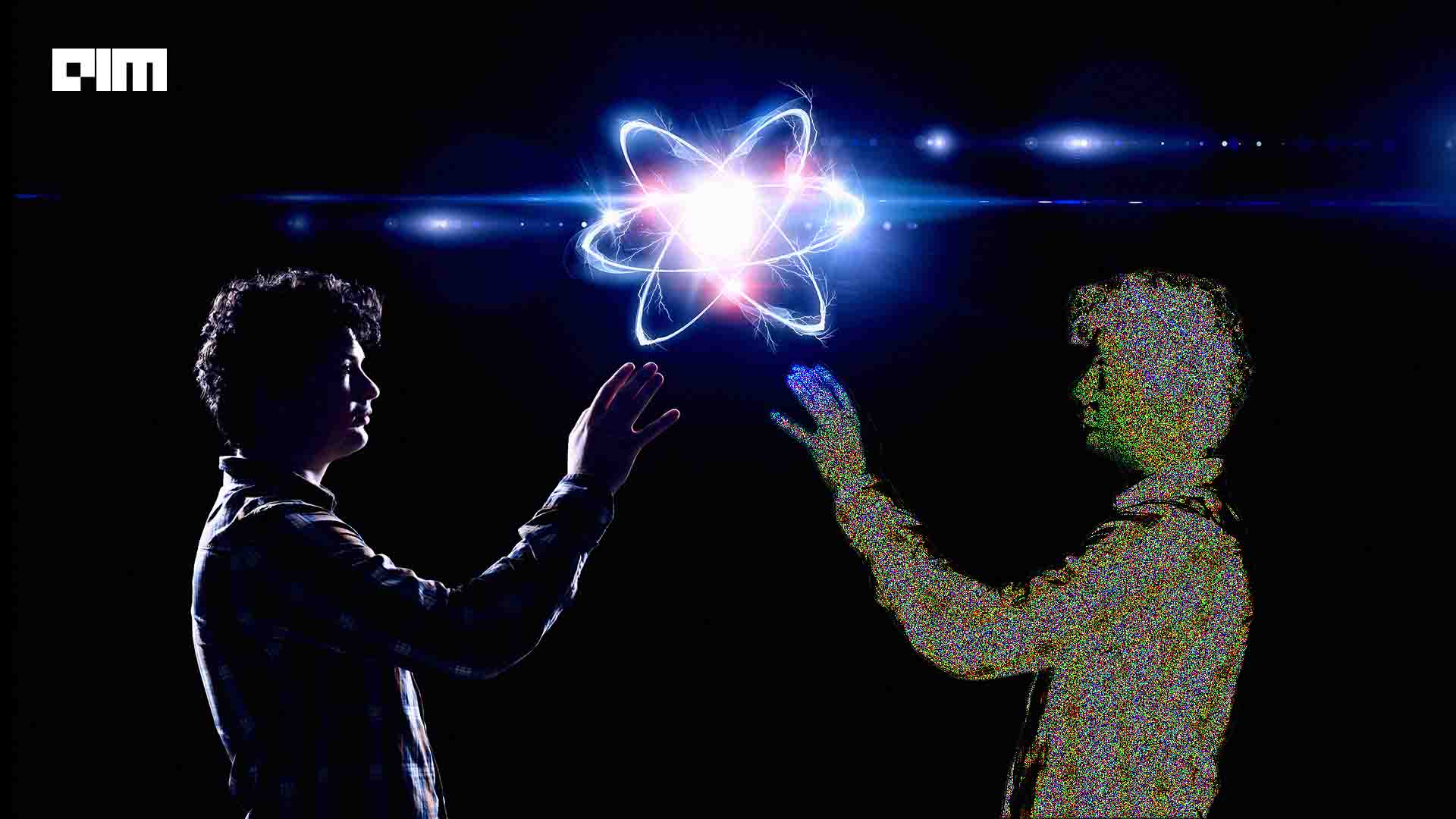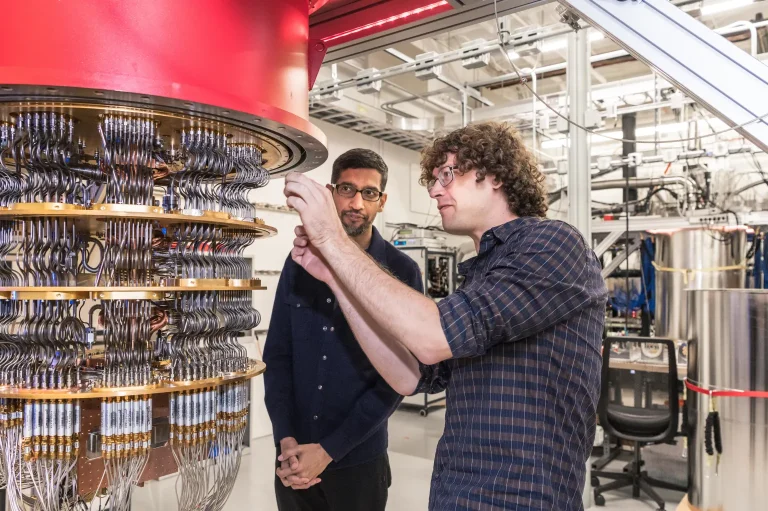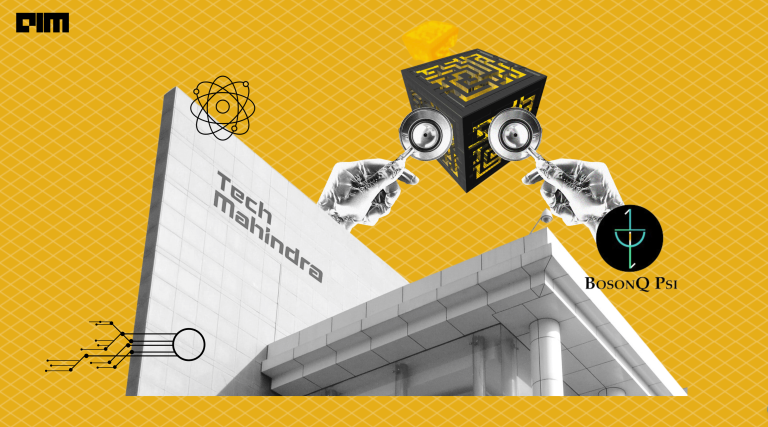|
Listen to this story
|
Quantum is setting out to disrupt computing as we know it. Governments across the world have proposed outlays, built strategies, and formed collaborations to be the first to harness quantum power. And India is no exception. The National Mission on Quantum Technologies & Applications (NMQTA) is programmed to take advantage of the disruptive potential of quantum technologies in computation, communication, and security.
Since World Quantum Day has just gone by, we at Analytics India Magazine sought to identify a few eminent institutions in the quantum space that are helping India advance its quantum mission.
Raman Research Institute (RRI)
Awarded a grant from the Ministry of Electronics and Information Technology, RRI’s project currently targets three areas: quantum communications, quantum sensing, and quantum interactions, in collaboration with the Indian Institute of Science (IISc) and the Center for Development of Advanced Computing (C-DAC). The project was formed with two more Bangalore-based institutes to develop quantum technology in secure quantum communication as well as quantum computing-related methods.
Earlier this month, RRI’s Quantum Information and Computing (QuIC) Lab headed by Urbasi Sinha, successfully demonstrated a secure satellite-based quantum communication in collaboration with ISRO. The lab will also lead the research efforts in Quantum Key Distribution (QKD) techniques for secure maritime communications.
International Institute of Information Technology (IIIT), Hyderabad
The Centre for Quantum Science and Technology (CQST) at IIIT Hyderabad carries out research on the role of quantum science in computation, information processing, quantum thermodynamics, and on the foundations of physics. The division is headed by Arun Kumar Pati, co-author of a fundamental theorem related to quantum information theory.
Together with RRI, the institute also represented India at this year’s World Quantum Day (celebrated on April 14), which aimed to promote public understanding of Quantum Science and Technology globally and involved participation from 65 other nations.
Harish-Chandra Research Institute
Located in Prayagraj, the institute has a strong research presence on arXiv, an online repository of scientific research papers. Spearheaded by professors like Ujjwal Sen and Aditi Sen De, the Quantum Information and Computation (QIC) Group is actively involved in research surrounding quantum algorithms, quantum communication, quantum cryptography, and the theory of entanglement, and is also exploring the interface between quantum many-body physics and quantum information, an emerging field of research.
Tata Institute of Fundamental Research (TIFR), Mumbai
The Quantum Measurement and Control Laboratory (QuMaC) at TIFR was founded by Dr R Vijayaraghavan, who also currently heads it. The primary objective of the laboratory is to develop techniques for stabilising quantum states against decoherence. It explores quantum phenomena in superconducting circuits, which can store and process information. This research aims to address the fundamental challenges of building and controlling quantum systems that can offer exponential speed up for solving mathematical problems.
Indian Institute of Science Education and Research (IISER), Mohali
The NMR Research Group at IISER, Mohali is involved in diverse research areas including experimental quantum computing, multipartite entanglement characterization, tomography via machine learning, decoherence mitigation, and experimental implementation of quantum algorithms. The group was able to achieve the first experimental demonstration of the super-Zeno effect to free evolution of quantum states, using spin-1/2 particles to represent qubits.
The group also demonstrated the first experimental exploitation of a single qutrit to achieve a computational speedup on an NMR quantum computer. The IISER team of scientists comprising of Prof Arvind, Prof Kavita Dorai, Dr Mandip Singh and Dr Sandeep Goyal are also involved in building India’s first quantum computer under the Cyber Physical Systems (CPS) programme by the Department of Science and Technology.
Indian Institute of Science
The Center for Excellence in Quantum Technology (CEQT) operates an experimental program that focuses on superconducting qubit devices, single photon sources and detectors for quantum communications, integrated photonic quantum networks, and quantum sensors. The institute has also launched joint courses on AI and quantum computing in collaboration with QpiAI.
In addition, CEQT regularly hosts workshops and meetings in the field to maintain the quantum momentum. As part of its vision, the institute aims to establish international collaborations in this field and seeks guidance from an international advisory committee to guide its research efforts.
Indian Institute of Technology (IIT), Madras
The Centre for Quantum Information, Communication, and Computing (CQuICC) is the research division sponsored by the IT giant Mphasis and works with various partner institutions. The research focus areas include quantum key distribution, quantum sensors, quantum computing, post-quantum cryptography, quantum error communication, quantum communication, and quantum algorithms.
The team also includes Anil Prabhakar, co-founder of QNu Labs and Quanfluence, both incubated by IIT Madras, as well as, Arul Lakshminarayan, who along with IIT Madras’ Suhail Ahmad, and in collaboration with Polish researchers and the Polish Academy of Sciences, provided a quantum solution to the 243-year-old problem proposed by Euler, known as the ‘36 officers problem’.
Along with IIT Madras, IIT Jodhpur and IIT Bombay are also making significant strides in quantum research. IIT Bombay’s Prof Kasturi Saha, who is heading the Photonics and Quantum Enabled Sensing Technology (P-Quest) Laboratory, is among the very few in India working with NV-diamond technology to build quantum sensing applications.



















































































